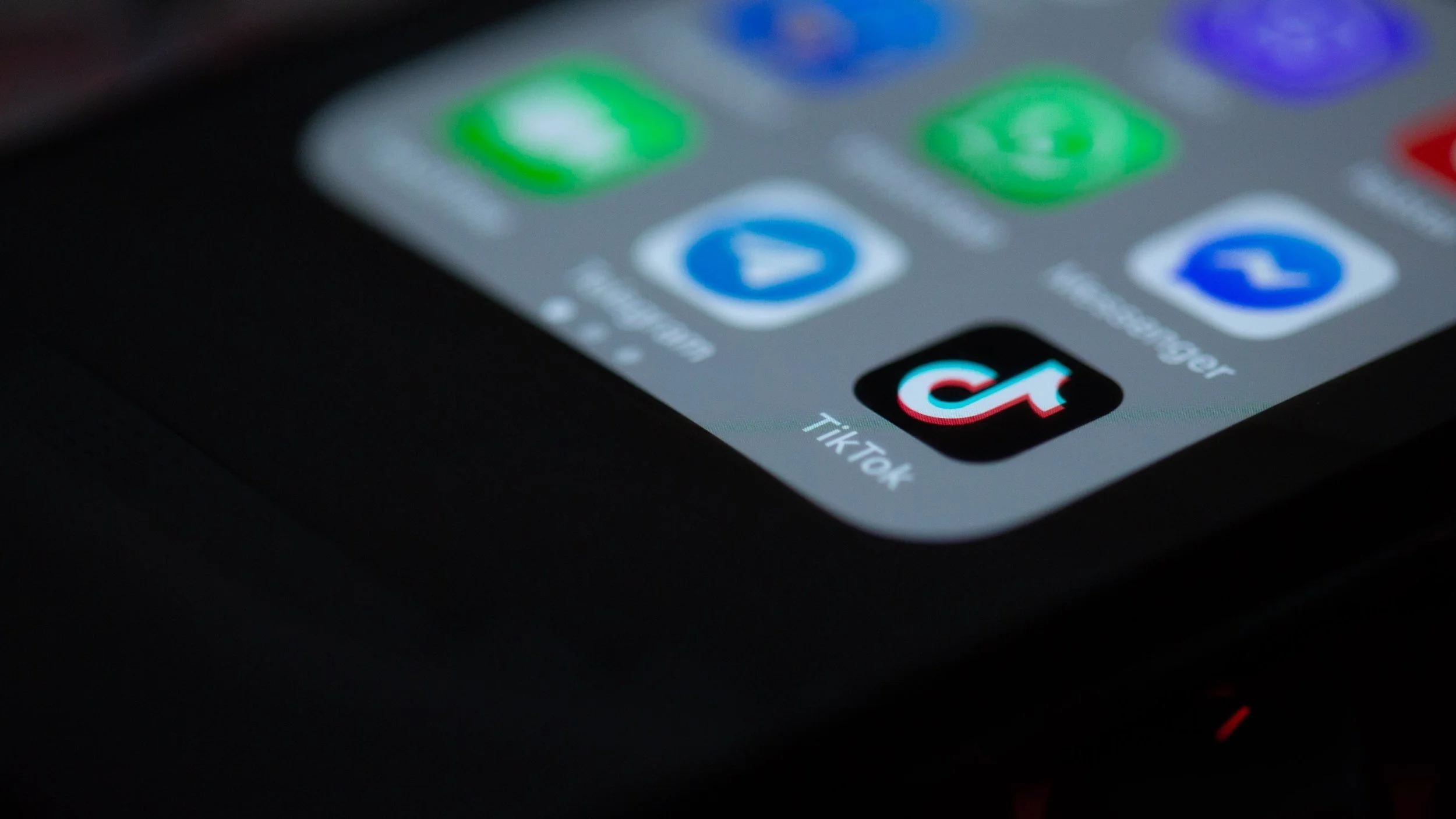Despite the recent introduction of legislation to ban the use of TikTok in the US, when it comes to social media marketing, TikTok looks like it’s here to stay. If you haven’t added the world’s newly most downloaded app to your marketing strategy, your brand is missing out on the platform’s skyrocketing audience, reach and opportunities for brand visibility.
More than a platform for viral dance trends, TikTok is rapidly maturing as a venue to talk about brands and products (and anything else, really). Beyond the opportunities for reach and visibility that come with 1 billion monthly active users, hashtags like #TikTokMadeMeBuyIt get to the heart of its appeal for marketers—49% of users say TikTok helped them make purchase decisions, and retailers like Amazon are highlighting viral TikTok products only to see them sell out repeatedly.
But if it was as easy as plugging in your existing ads and watching them go viral on TikTok, you’d probably already be doing it. Advertising on TikTok looks fundamentally different from ads on more traditional or even other social media venues. As TikTok execs say, “Don’t make an ad, make a TikTok.” The platform has a visual style and language that’s uniquely its own, and unless you are spending Super-Bowl-commercial-level dollars to hold every user’s attention when they open the app, your content, paid or unpaid, needs to resonate with your audience or they will simply swipe on by. Luckily, there are a number of ways to start marketing on TikTok—and some of them don’t even involve making your own videos.
In-Feed Ads
In-feed ads—like this one from Good American—are displayed as part of users’ feed as they scroll through their “For You Page.” Because of this approach, they need to blend in well with TikTok’s organic content and add value or interest to their audience in order to avoid users quickly swiping on to the next video. These :05 to :15 video ads are shown in feeds for as little as one day, and they can be a great way of dipping your toe into TikTok ads without a huge spend to see what’s successful. One potential perk—or drawback—when it comes to In-Feed ads is that users can like, comment, share and interact with the content, adding third-party endorsement to your brand or product.
Spark Ads
Why make ads when other TikTok users are already talking up your product? Spark ads, like this one by Papier, are another native ad format (i.e., they appear as part of users’ feeds; not as an interruption) that enables you to promote and share organic TikTok posts made by real TikTokers and influencers as your own ads—with permission from the creator, of course Spark ads have discovered the perfect way to fit into the feed and catch users’ attention effortlessly and seamlessly.
Brand Takeovers
Brand Takeover ads create mass awareness and drive sales or calls-to-action using specific ad audience targeting. The ads pop up as soon as relevant users open the TikTok app, take over the screen for a few seconds, and then change into an In-feed video ad. Additionally, they appear on the “For You Page” as still images, videos, or gifs with clickable links that lead to a landing page within TikTok. They also offer the ability to create and add your logo to stay in the mind of viewers better, reinforcing brand recall through building brand affinity—see this ad from Guess as an example.
TopView ads
TopView ads are similar to Brand Takeovers and aim to increase overall brand exposure and foster brand affinity. The difference is that don’t cover the screen as soon as users sign in. Instead, they occupy the first In-feed post after 3 seconds. TopView videos, like this one from Subway, can be as long as 60 seconds, making them the longest ad format on TikTok. As you might expect, this type of ad is among the most expensive and typically used by brands that have either developed a significant brand presence on TikTok or are investing heavily across all major media platforms.
Branded Hashtags
The Branded Hashtag ad is a more popular ad type that encourages users to create content that interacts with the hashtag-centered campaign. The main goal of hashtag challenges is to boost engagement and brand awareness by harnessing the power of user interaction and participation—check out how Chipotle used them for two successful campaigns. On TikTok, hashtags help users find videos they’re interested in, join conversations they care about, and build communities based around the things they love—but he caveat is users also jump onto sponsored hashtags as a way to promote their own content, even when it has nothing to do with the campaign.
Branded Effects
The Branded Effect ad type allows businesses to design an ad with their own customized and sharable sticker, filter or special effect for users add to their own content. The ad can last up to 10 days at a time and is a great way to increase user engagement. Here’s an example from Samsung.
Whether you have a robust digital advertising program (and budget) or you have just a little time and creativity, there are TikTok ads designed to work for your business. With a growing audience, high user engagement and the potential to start small, there’s no reason not to make TikTok part of your ad strategy in 2023.


